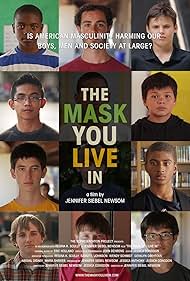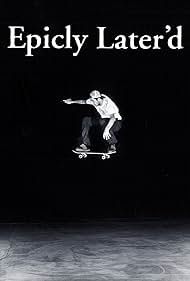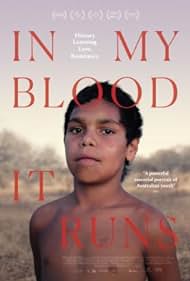This Shaking Keeps Me Steady Soundtrack (2018)

Buy on Amazon Play and download Soundtracks
This Shaking Keeps Me Steady
This Shaking Keeps Me Steady
This Shaking Keeps Me Steady
This Shaking Keeps Me Steady
This Shaking Keeps Me Steady
This Shaking Keeps Me Steady
Synopsis
This Shaking Keeps Me Steady
In Karachi, ambulance drivers nap while waiting for calls to come in. This calm moment contrasts with the brutality of their interventions on sites of accidents, drownings or murders, which we will never see - in any case, not for real. As here, the spectacle of violence and misfortune exists only through words, in dreams, or reconstructed for a TV show. Fake blood, but real suffering. That of the ambulance drivers confronted with death every day, that of the victims whose setbacks are mercilessly replayed for the entertainment of all, finally that of a society that drives its members to throw themselves off a bridge or poison their family. This off-screen irrigates the powerful reflection implemented by Shehrezad Maher who, over these sequences, constructs a dialectic that opposes memory and fiction, traumatism and fascination, whose permeable frontiers we permanently cross. The attention to the rituals, whether it's repainting an ambulance or rehearsing a scene inspired by a news item, then takes on full meaning, that of an internalised violence whose roots can be revealed by film alone.













